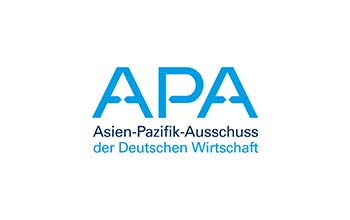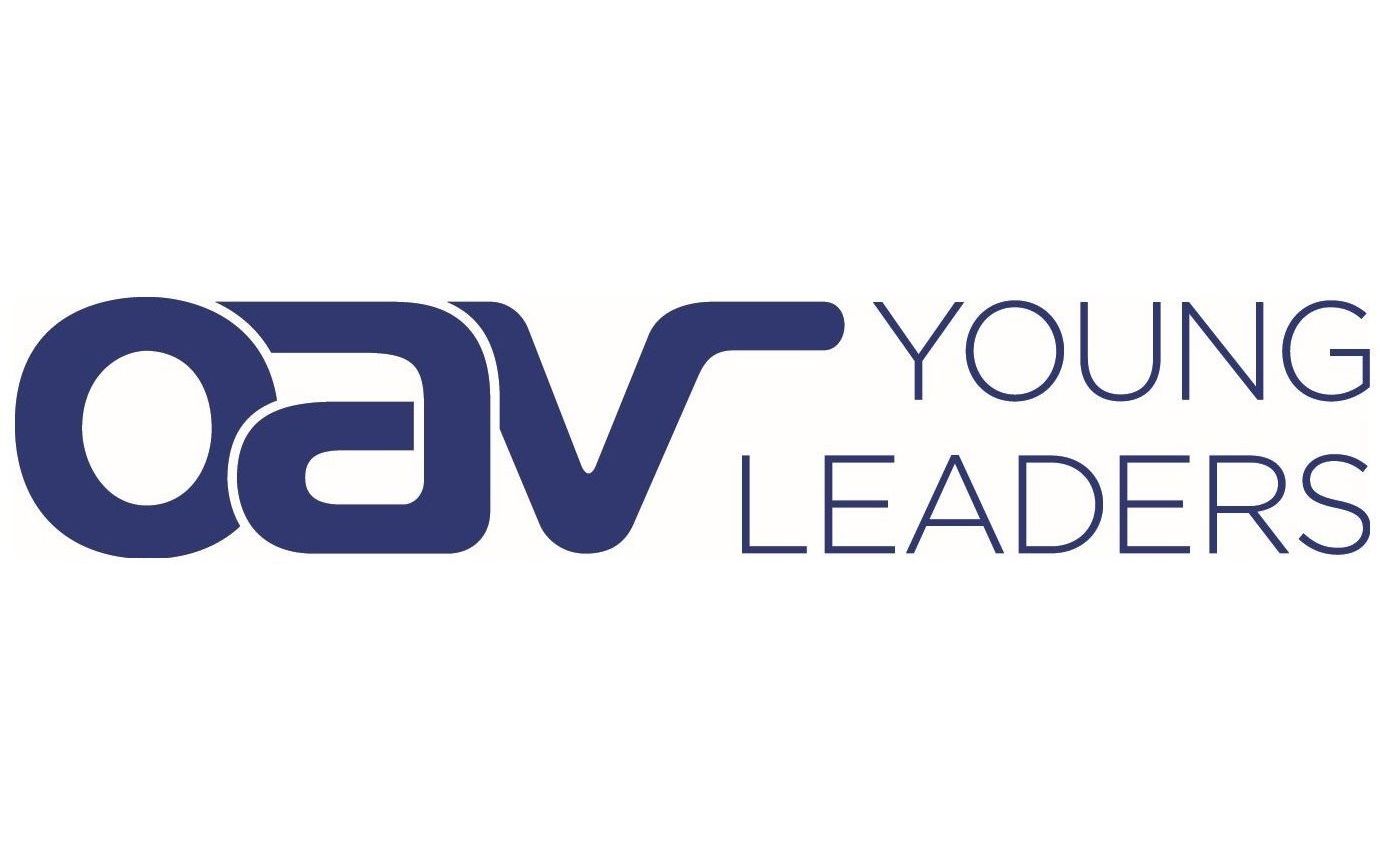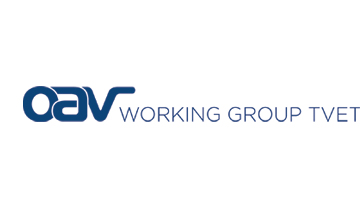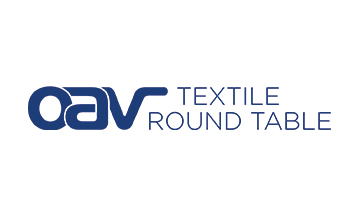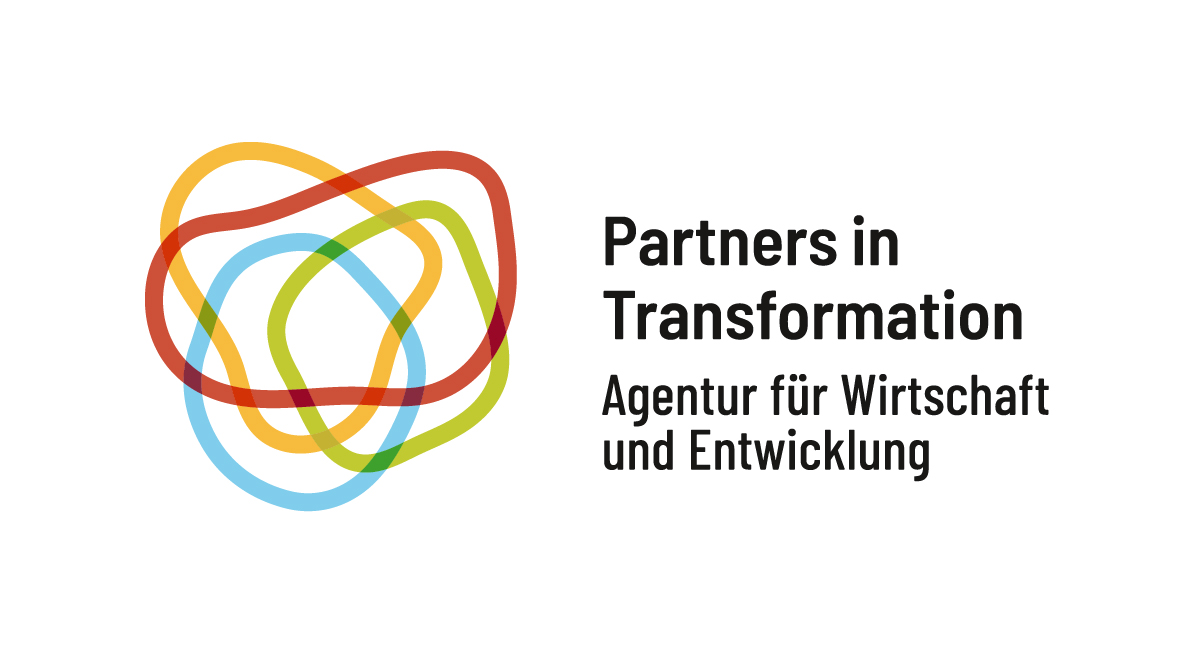Medium-sized German Companies Discover More Business Opportunities at the ADB’s Business Opportunities Fair
For the second time, the German Asia-Pacific Business Association (OAV) and the EZ-Scout programme – this time in cooperation with the Chambers of Commerce Abroad in the Philippines, India and Japan – sent a delegation to the Business Opportunities Fair (BOF) held by the Asian Development Bank (ADB) from 13-17 March 2018.
18-04-2018Fifteen representatives from German companies, Asian subsidiaries and associated Asian business took part in the trip. Infrastructure companies, including a particularly large number from the water and wastewater sector, were represented by twelve delegates.
The purpose of the first stage of the trip, from 13th to 15th March in Manila, was to raise awareness among medium-sized German companies of business opportunities presented by ADB projects, and expand their knowledge to help increase their share among ADB contractors. Investment in the infrastructure of developing countries and emerging economies supports their economic growth and sustainable development. Medium-sized German companies can contribute to a robust infrastructure in Asia through their entrepreneurial involvement in the planning and implementation of projects financed by the ADB, and thus also to the attainment of the sustainable development goals (SDGs) set in the 2030 Agenda. Another purpose of the trip was to begin forming consortia between the delegates and Japanese companies taking part in the BOF.
During the BOF forum, the ADB's procurement and sector specialists provided information on the ADB's general terms and conditions, procurement regulations and procedures, and current and future business opportunities. Regional sector specialists provided information about the volume of orders in relation to the funding instruments in the various sectors.
As part of the supporting programme for the Manila trip, Mr Fischer, the ADB Director responsible for Germany, the United Kingdom, Turkey and Luxembourg, provided the German delegates with an overview of the role of the multilateral development bank, its operating income, its strategy for 2020 and 2030, its biggest customers and the volume of orders received by German entrepreneurs. ADB's Director of Procurement, Mr Poick, explained to them the benefits of orders financed by ADB, outlined the procurement regulations and procedures, gave some practical advice on bidding successfully in ADB tenders, and provided information on reforms relating to ADB procurement. Particularly appreciated were the bilateral discussions arranged in advance with ADB’s procurement experts and sector specialists, during which the delegates were able to discuss matters specifically relating to their business.
In a presentation by Mr Kompalla, Managing Director of the Chamber of Commerce Abroad in the Philippines, the German delegates were given an insight into aspects of trade policy relating to ADB tenders in the ASEAN region. As in the previous year, the Austrian and German delegates spent a lunchtime discussing joint business opportunities.
For the first time, there were B2B discussions on the introduction of cooperative agreements between representatives of German and Japanese infrastructure companies for joint bids in ADB tenders. Six German companies and three Japanese companies took part. Mr Schürmann, Managing Director of the Chamber of Commerce Abroad in Japan, led the way with a presentation on third market business with Japanese companies. He highlighted the strategic business potential waiting to be tapped by German and Japanese companies working together to expand Asia’s infrastructure. The strong internationalisation of the Japanese economy, its large trading companies, its general contractors and medium-sized enterprises, along with support from the Japanese government through the programme, ‘Partnership for Quality Infrastructure’, provide good conditions for this. These discussions were continued during a dinner at the residence of Dr Kricke, the German Ambassador in Manila, to which he had invited the German delegation, the Japanese entrepreneurs and a representative from the Japanese Embassy.
The purpose of the second stage of the trip, from 16th to 17th March in Kolkata, was to provide the delegates with information about business opportunities presented by projects financed by ADB in South Asia – the Asian region with the second-highest level of investment needs during the next decade and a half – and in particular business opportunities in India, one of the ADB's biggest borrowers, as well as projects financed otherwise in India and Bangladesh.
Mr Hundt, correspondent for GTAI, gave a concise overview of the infrastructure needs, as well as current and planned large-scale projects in all of India's infrastructure sectors. Ms Pandey, Regional Director of the Chamber of Commerce Abroad in India / Kolkata, provided information on regional infrastructure needs and current and future projects in West Bengal, Odisha and Orissa. Dr Feiner, the German Consul General in Kolkata, invited the delegation to dinner and highlighted the political situation in India, while Dr Prinz, the German Ambassador in Dhaka, explained the political situation in Bangladesh, another of ADB’s major borrowers.
Mr Mitra, the National Director of ADB’s Indian Resident Mission, and his team introduced the ADB Country Partnership Strategy 2018 - 2022 for India, which aims to create jobs, to provide inclusive infrastructure networks and services and to improve the adaptability to changes in the climate. He put the delegates in the picture regarding ADB’s current and future business opportunities in India, and provided them with information on the volume of orders in the various sectors in India.
With the project, ‘Kolkata Environmental Improvement Investment Programmes’ (KEIIP) as an example – judged the ‘Best Performing Project 2016’ by ADB and the Indian government – the delegates learned about the challenges involved and solutions found in successfully implementing complex infrastructure projects, such as the renovation and expansion of the water and wastewater network, and waste management in Kolkata. Through presentations and a visit to a project construction site in the district of Cossipore, the local authority in charge of the project, the Kolkata Municipal Corporation, and the general contractor, Suez India Pvt. Ltd. were able to provide an insight into the KEIIP project. It has a term of eight years and will cost 570 million US dollars, financed through a 400 million US dollar loan from ADB.
Mr Ahmed, Managing Director of Harbauer India Pvt Ltd., provided information on infrastructure projects in the water sector, which are being financed by the Indian central government or by the Indian states. In several Indian states and in a pilot project in Bangladesh, the mobile testing laboratories for residues of arsenic, iron and fluoride and the treatment plants of Harbauer, a medium-sized enterprise, are already in use. He told of the difficulties that Harbauer, as an SME, had to overcome on its entry into the Indian market, and of the measures and partners that were helpful at the time. The delegation visited one of Harbauer’s water kiosk, run by the public S.S.K.M. Hospital in Kolkata.
The delegation consisted entirely of medium-sized companies, half of which brought themselves up to date with the business opportunities offered by ADB projects, while cultivating contacts within ADB and with partners. The other half of the companies, for which the ADB projects’ business opportunities were uncharted territory, are now fully informed. In addition, the delegates are now familiar with the latest economic policy developments, both in the ASEAN region and among the biggest ADB borrowers in South Asia. It can be expected that more medium-sized German companies will submit bids to ADB in the future, and that they will be awarded contracts for projects financed by ADB for the expansion of Asia's infrastructure. Through their increased entrepreneurial involvement in ADB projects, the German contribution to the efforts should increase with the aim of achieving the sustainable management of water and sanitation, access to affordable, reliable, sustainable and modern energy, and the sustainable construction of cities, towns and villages for everyone in developing and emerging economies in Asia. The B2B discussions led to initial cooperative agreements between German and Japanese infrastructure companies.
Mr Ahmed, Managing Director of Harbauer Pvt. Ltd., considered the entire trip to have been ‘... exceedingly positive ... and the booked talks at ADB to have been very productive’. Dr Schwede, Managing Director of EGS-Plan International GmbH, described the mission as ‘… most impressive’, and Mr Gosh, Associate Partner of Khaitan & Co. rated the ‘... meetings and visits as very insightful’.
Thanks to the thoroughly positive feedback, OAV and the EZ-Scout programme plan to send another delegation to the Business Opportunities Fair in Manila next year with a view to extending the cooperation between German and Japanese companies.

